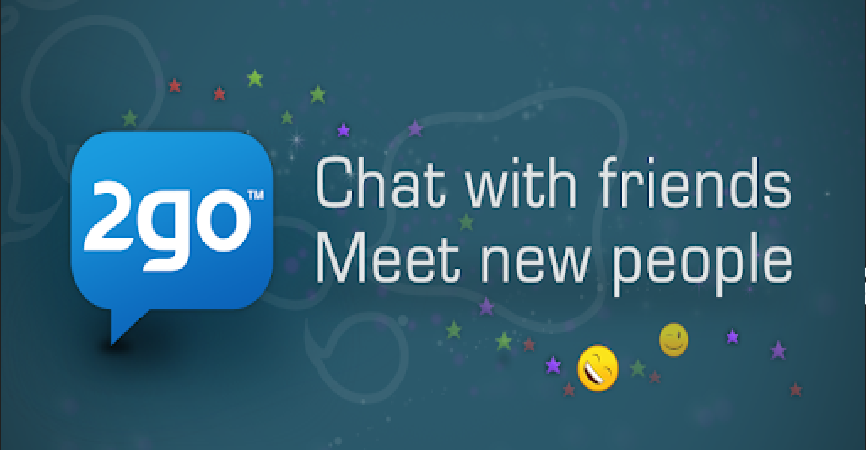Maximizing the use of African Apps in the Global Mobile App Market

The global mobile app market is worth nearly $25 billion, but Africa has almost no share of this mouthwatering cake. Africa is yet to explore this goldmine. The world’s second-biggest and fastest-growing mobile telephone market (after China) is yet to tap into the seemingly endless opportunities in the market.
Africa’s smartphone penetration has been a great story, but the same cannot be said about African app adoption. The two biggest app shops in the world had 3.9 million apps in the first quarter of 2019: Google Play, with 2.1 million, and Apple App Store, with 1.8 million. Since Android is the OS of most African nations, more African app developers use it. However, 60% of the apps available in the Play Store are never downloaded.
The general trend is for users to purchase smartphones and add to the pre-loaded apps. As a result, there have been between 150 and 200 billion downloads worldwide. How many of these apps are built by Africans, though? Moreover, an earlier study by Forrester in 2015 found that users used just 5 per day if you excluded preinstalled apps. In other words, out of the two million-plus potential apps Android owners might download, they only really used a very, very small number.
Nigeria has the highest smartphone penetration rate in Africa (about 41%) and is closely followed by South Africa, Kenya, and Ghana. However, since the mobile apps market started to gain prominence in 2008, Africa has remained an under-performer in the mobile apps market. This is probably because African apps haven’t been preinstalled in smartphones sent to Africa.
Preinstalling African Apps
The variety of uses for mobile apps is what makes them appealing. There are apps for practically everything you can imagine. Numerous apps are available for talking, social networking, news, games, and information services. However, the preference stems from the initial availability of the app on the smartphone. With African apps not preinstalled, they have not been preferred to their foreign substitutes, even by Africans.
One of the first mobile social networking apps was the South African instant messaging app Mxit. It was initially adopted and actively utilized, but the preference for foreign messaging programs like WhatsApp and Facebook Messenger has since made it lose relevance.

In 2007, Alan Wolff and Ashley Peter founded 2go, an easy-to-use app that offers one-on-one private messaging and mobile chatrooms. The app took off in Nigeria at a mind-blowing pace. But, unfortunately, 2go couldn’t withstand Whatsapp.
The penetration of smartphones in Africa has prompted African software developers to develop substitutes for different foreign apps. But unfortunately, smartphone companies have easily overlooked the likes of Lara and Abena.
Preinstalling African apps can become the catalyst for the inclusion of Africa in the global app market. An aspect of the African app’s opportunity is the originality it provides to a range of Africans. An app developed in Africa can be successfully distributed across the region. When preinstalled, it can favorably compete with apps from other continents. All that matters is that the app is appealing, valuable, and beneficial to the final users.
